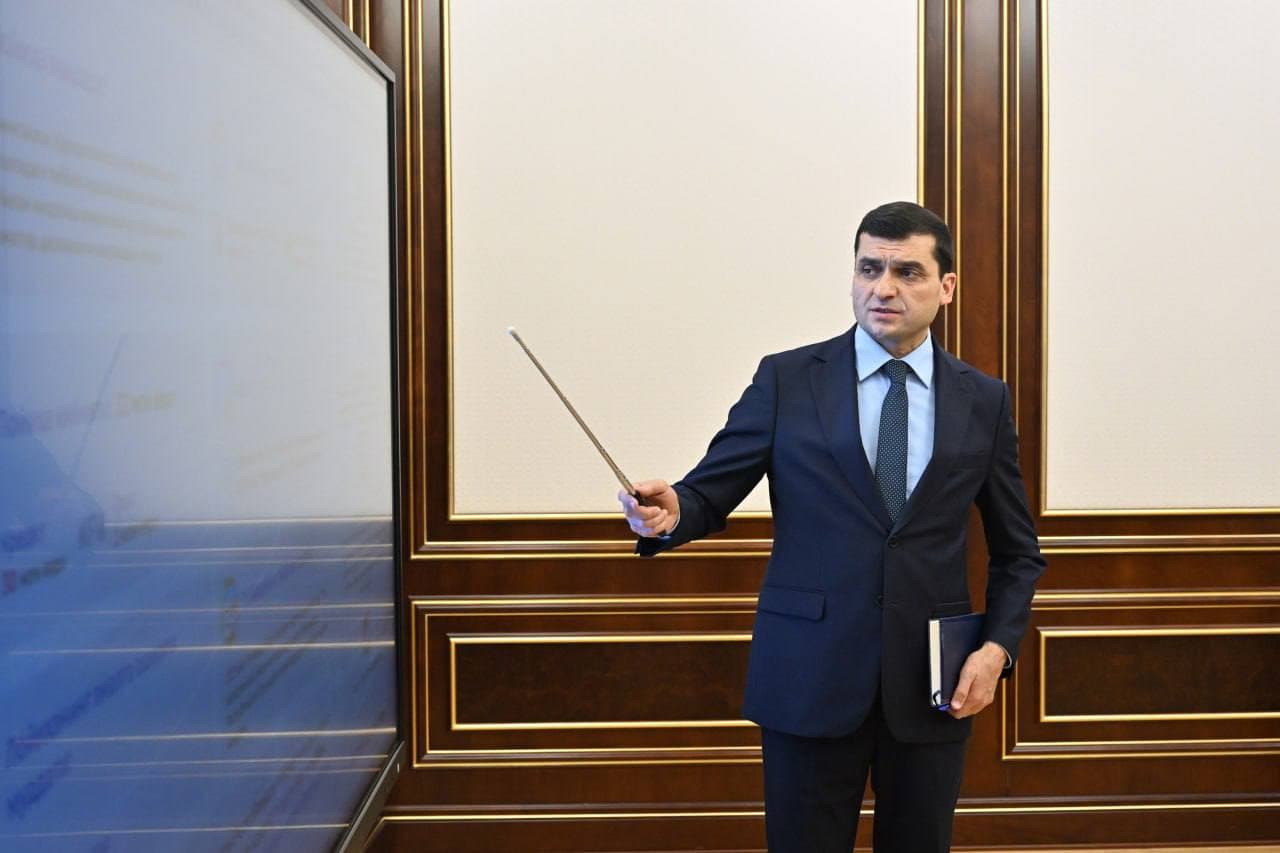Equipping medical institutions discussed
2025-01-21 09:30:00 / Presentations

Hospitals have modern medical technology to strengthen public health and enhance treatment quality. At least 100 billion UZS are allocated from the state budget for this purpose annually. Additionally, last year alone, $200 million in foreign investments and $94 million in grants were attracted to procure high-tech medical equipment.
As a result, CT scanners, MRI machines, and angiographs, previously available only in national medical institutions, have now been installed in regional and district hospitals nationwide. This expansion brings specialized medical services closer to the population.
This year, 200 billion UZS have been allocated from the state budget for medical equipment, and $370 million in foreign investment is expected to be attracted to develop the healthcare sector.
During the presentation, plans for equipping medical facilities were outlined.
Specifically, $100 million from the Asian Development Bank will procure 21,000 units of medical equipment across 45 categories and six emergency ambulances for 230 maternity institutions nationwide.
With €30 million from Germany’s KfW Bank, 862 units of cardiovascular treatment equipment will be installed in 19 medical institutions in Karakalpakstan and Khorezm. Additionally, with a €13.5 million grant from the same bank, a training center and student dormitory will be built in Termez. The center will be equipped with modern simulation-based training equipment and advanced information technologies.
The Head of state emphasized that equipping medical institutions is only part of the solution. There is also an urgent need to train qualified specialists capable of operating the new equipment. The task of organizing additional training for doctors and nurses at relevant institutions was assigned.
It was also noted that using existing medical equipment effectively is crucial. Currently, the average utilization rate of angiographs in the regions is only 34 percent, and the usage rates for CT scanners vary significantly across different areas.
Outsourcing and public-private partnership (PPP) projects will be implemented in collaboration with local administrations to address this issue. These initiatives aim to optimize the use of high-tech equipment in state medical institutions, ensuring better efficiency and accessibility of healthcare services.

